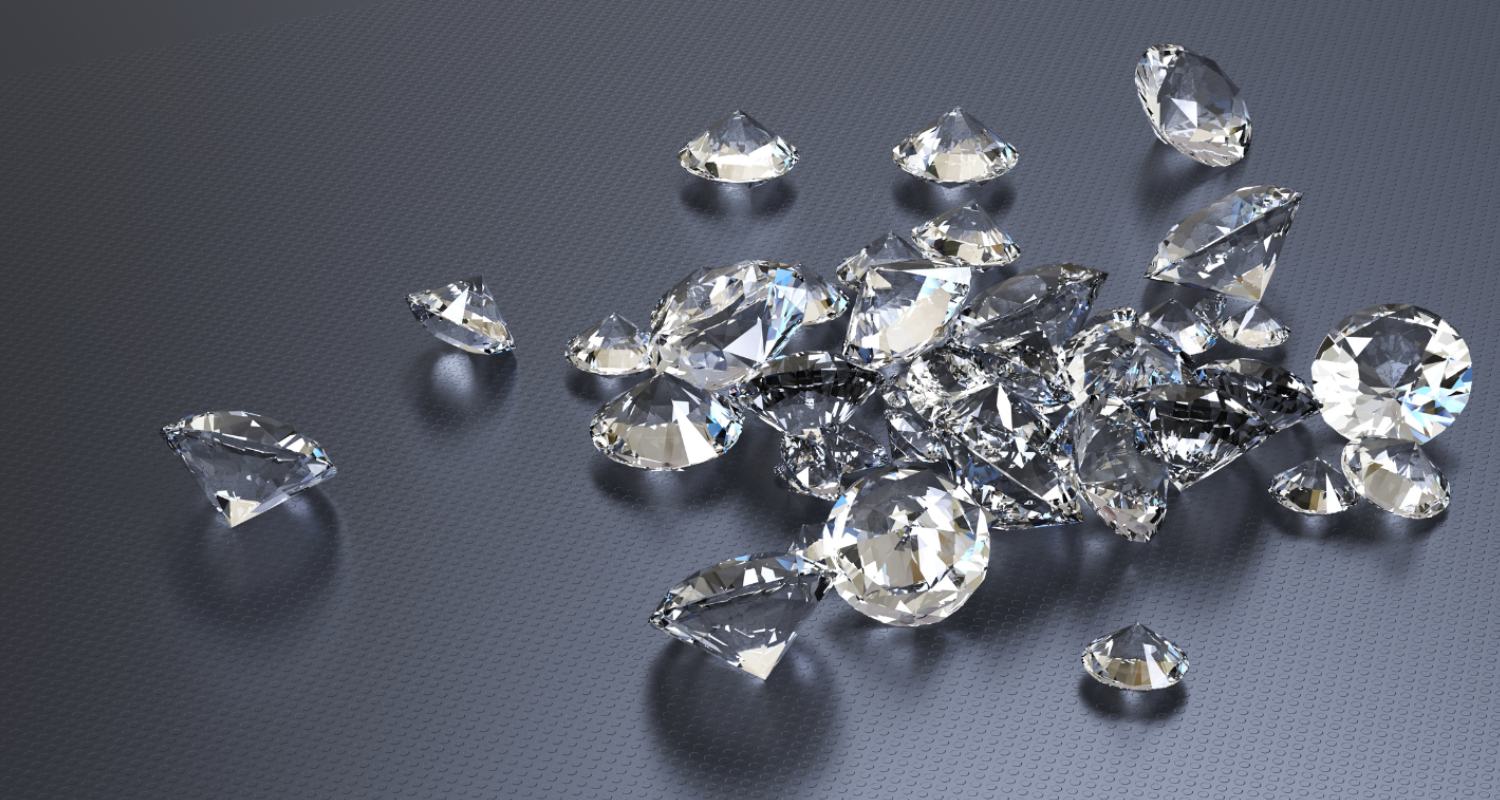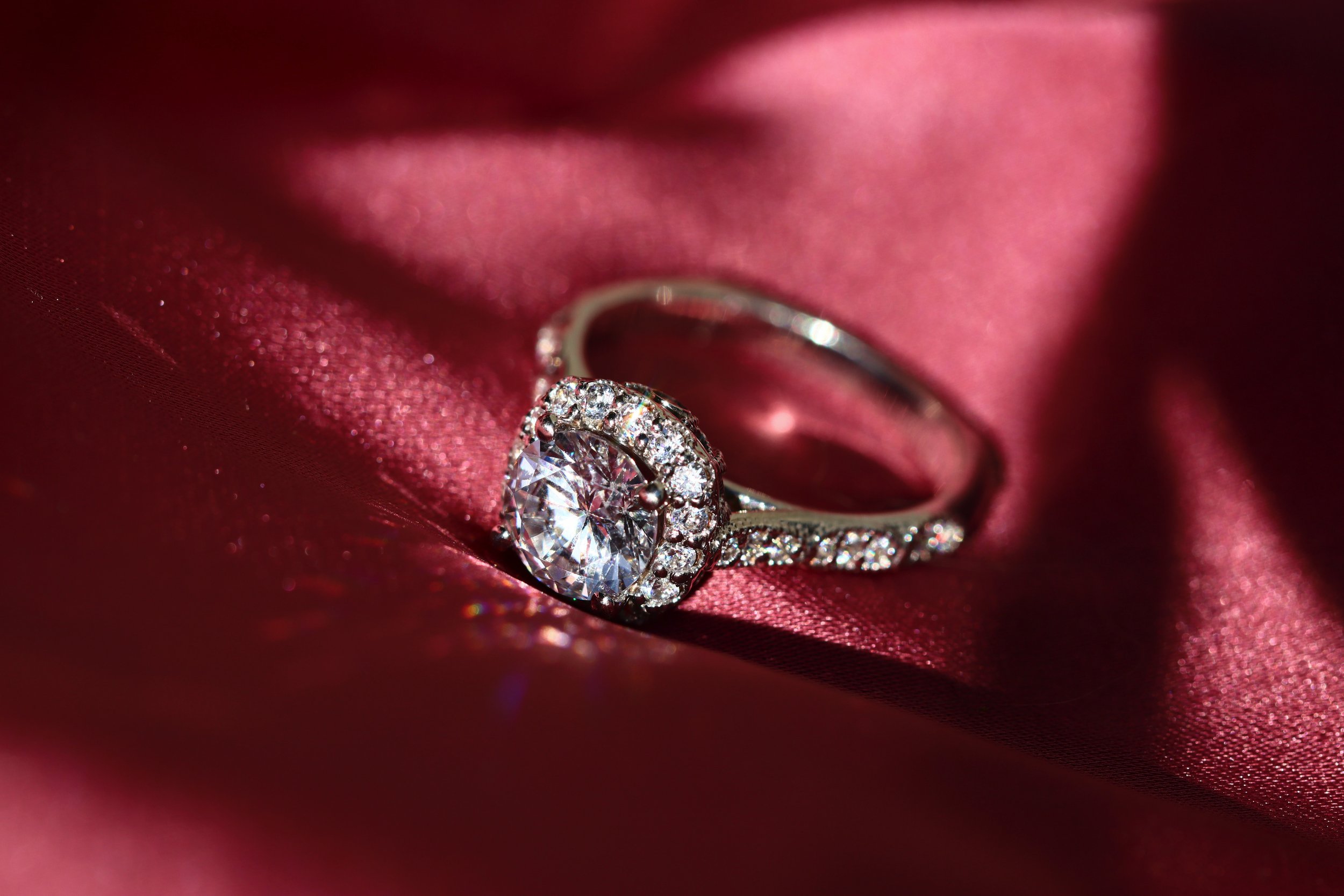Introduction to CVD Diamantes
CVD (Chemical Vapor Deposition) diamantes are revolutionizing the diamond industry. These lab-grown gems offer an ethical, affordable, and environmentally friendly alternative to traditional mined diamonds. But what exactly are CVD diamantes, and how do they differ from natural diamonds? Let’s delve into the fascinating world of CVD diamantes to uncover their secrets.
What Are CVD Diamantes?
CVD diamantes, also known as synthetic or lab-grown diamonds, are diamonds produced in a controlled laboratory environment rather than mined from the earth. Despite being man-made, CVD diamantes possess the same chemical and physical properties as natural diamonds, making them indistinguishable to the naked eye.
How Are CVD Diamantes Created?
The process of creating CVD diamantes involves mimicking the natural conditions under which diamonds form deep within the Earth’s mantle. High temperatures and pressures are applied to a small diamond seed placed in a chamber filled with a carbon-rich gas, typically methane. As the gas decomposes, carbon atoms are deposited onto the seed, gradually building up layers and forming a diamond crystal.
The Science Behind CVD Diamantes
CVD diamantes are born from cutting-edge technology and scientific expertise. The key to their creation lies in the precise control of temperature, pressure, and gas composition within the deposition chamber. By manipulating these variables, scientists can tailor the growth process to produce diamonds of various sizes, shapes, and qualities.
Advantages of CVD Diamantes
One of the primary advantages of CVD diamantes is their ethical sourcing. Unlike mined diamonds, which often come with a history of human rights abuses and environmental damage, CVD diamantes are conflict-free and sustainable. Additionally, CVD diamantes tend to be more affordable than their natural counterparts, making luxury more accessible to consumers.
Applications of CVD Diamantes
CVD diamantes have a wide range of applications beyond traditional jewelry. Their exceptional hardness and thermal conductivity make them ideal for industrial uses such as cutting tools, heat sinks, and high-performance electronics. In the medical field, CVD diamantes are used in surgical instruments and diagnostic equipment due to their biocompatibility and durability.
CVD Diamantes vs. Natural Diamonds
While CVD diamantes share many similarities with natural diamonds, there are some key differences to consider. Natural diamonds have unique characteristics and imperfections formed over millions of years, whereas CVD diamantes lack these natural flaws. Additionally, CVD diamantes may exhibit different growth patterns and crystal structures, leading to variations in appearance under magnification.
The Future of CVD Diamantes
As technology continues to advance, the future looks bright for CVD diamantes. Innovations in diamond synthesis techniques and equipment are driving down production costs and improving quality control. This trend is expected to further expand the market for CVD diamantes, making them a mainstream choice for consumers seeking sustainable luxury.
Environmental Impact of CVD Diamantes
One of the most significant benefits of CVD diamantes is their minimal environmental footprint. Unlike traditional diamond mining, which can result in deforestation, habitat destruction, and pollution, CVD diamond production is energy-efficient and generates minimal waste. By choosing CVD diamantes, consumers can reduce their ecological impact without sacrificing beauty or quality.

How to Identify CVD Diamantes
Identifying CVD diamantes can be challenging, as they closely resemble natural diamonds both visually and chemically. However, trained gemologists can use specialized equipment such as spectrometers and microscopes to distinguish between the two. Certain characteristics, such as growth patterns and trace elements, can indicate whether a diamond is natural or synthetic.
Caring for CVD Diamantes
Caring for CVD diamantes is relatively simple and similar to caring for natural diamonds. To maintain their brilliance and sparkle, it’s essential to clean them regularly with a mild detergent and a soft brush. Avoid exposing CVD diamantes to harsh chemicals or abrasive materials, as these can dull their surface and affect their clarity.
Pricing and Market Trends of CVD Diamantes
The pricing of CVD diamantes varies depending on factors such as size, color, and quality. Generally, CVD diamantes are more affordable than natural diamonds, offering excellent value for money. In recent years, the demand for CVD diamantes has been steadily increasing, driven by growing awareness of their ethical and environmental benefits.
Myths and Misconceptions About CVD Diamantes
Despite their many advantages, CVD diamantes are sometimes subject to myths and misconceptions. One common misconception is that CVD diamantes are “fake” or inferior to natural diamonds, which is simply not true. CVD diamantes are chemically identical to lab grown diamonds and undergo the same rigorous testing and certification processes.
Conclusion
In conclusion, CVD diamantes represent a cutting-edge solution to the ethical and environmental challenges associated with traditional diamond mining. With their ethical sourcing, affordability, and versatility, CVD diamantes are poised to reshape the diamond industry for the better. Whether adorning jewelry or powering high-tech innovations, CVD diamantes shine bright as a symbol of sustainable luxury.







